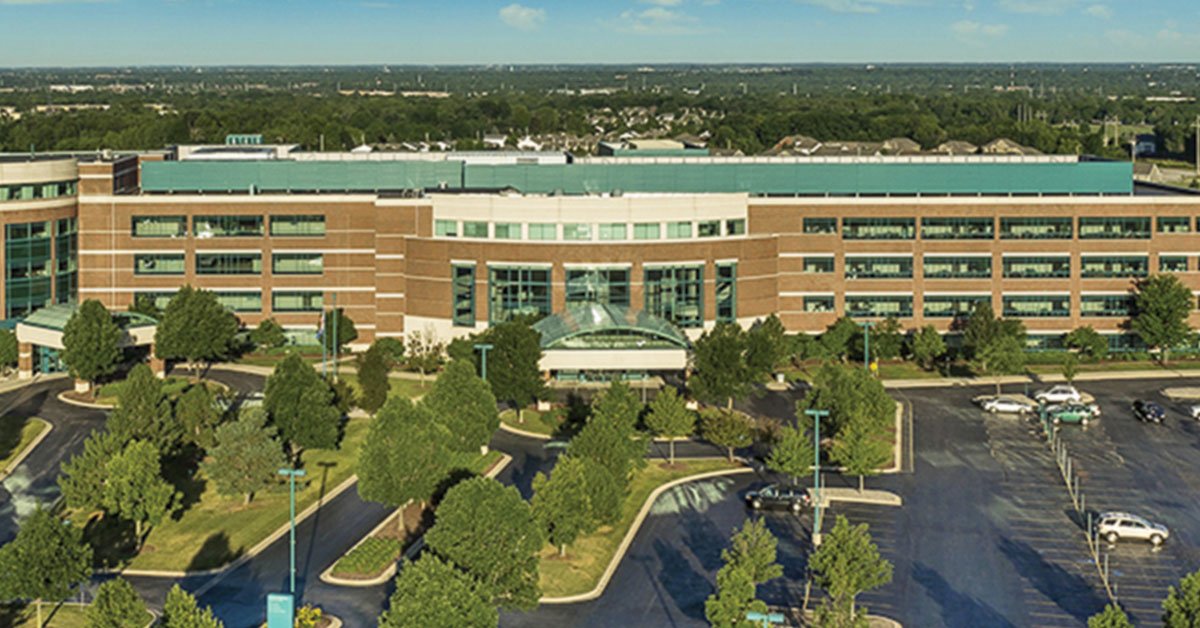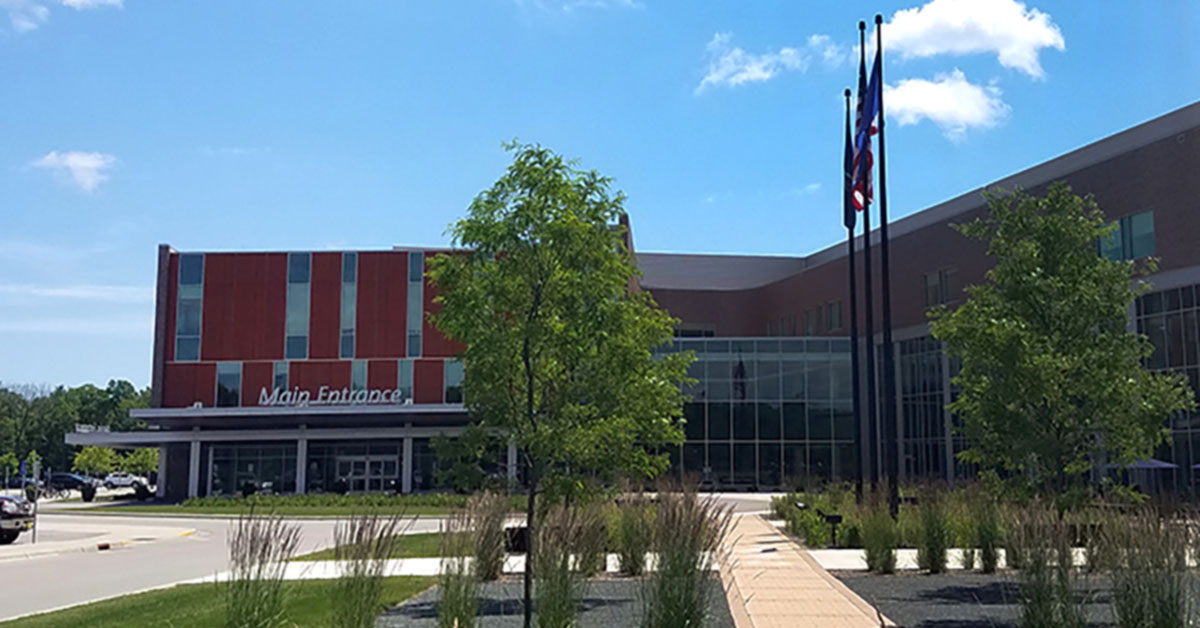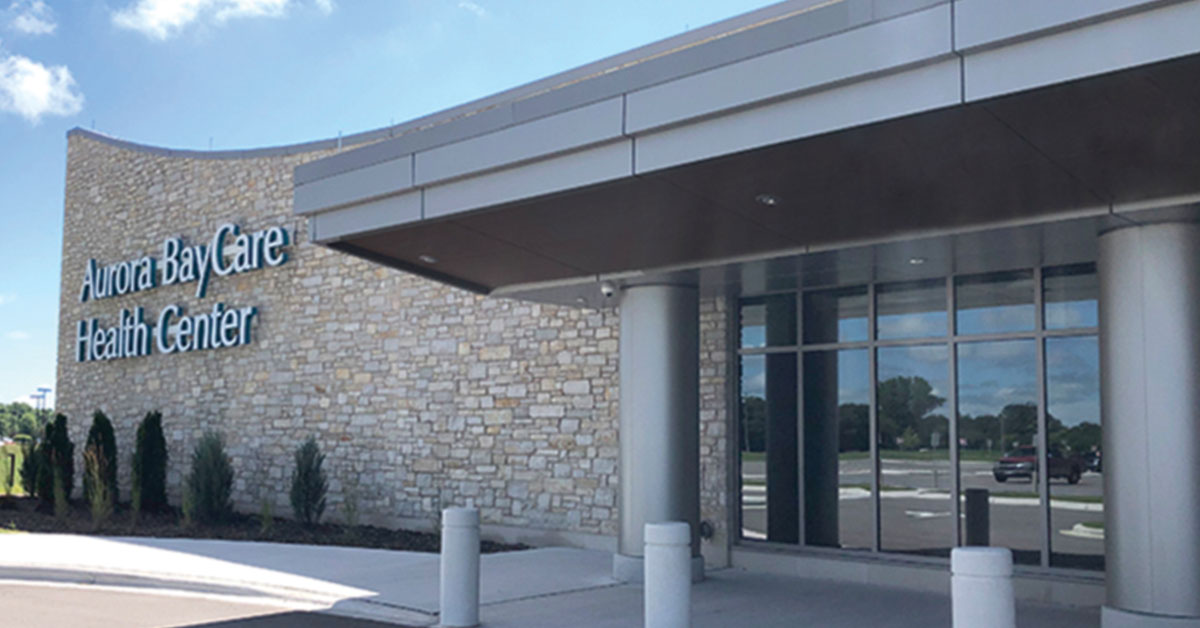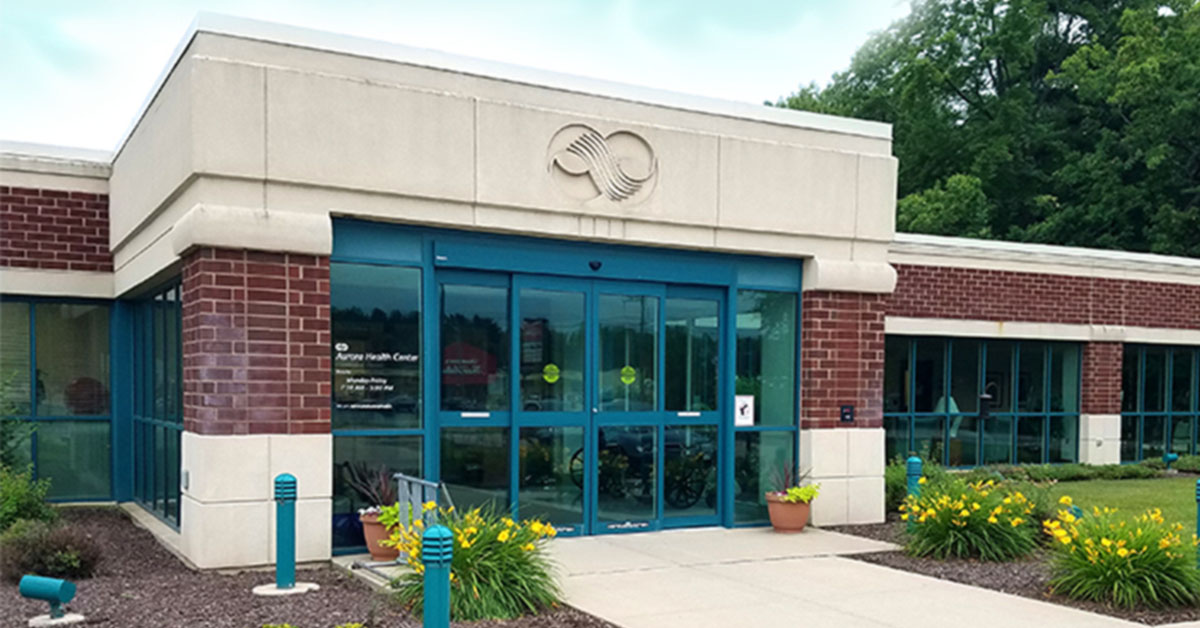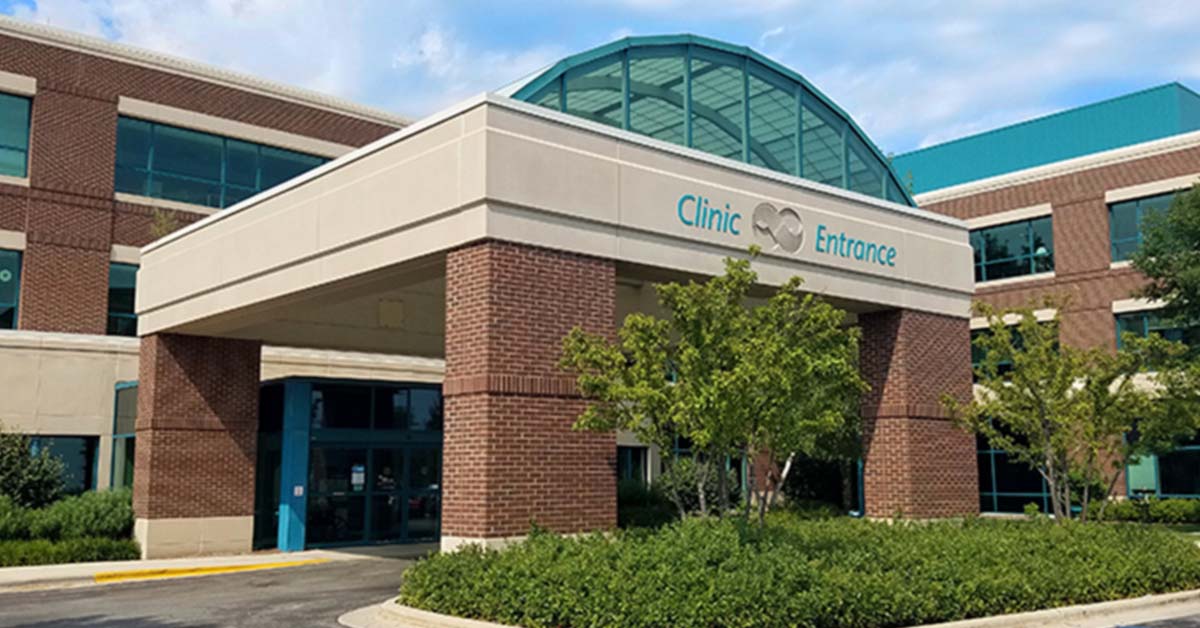Common Questions
Cardiology
Commonly asked cardiology questions and answers
What is a heart attack?
A heart attack refers to the death of heart muscle tissue caused by a sudden arterial blockage, which is usually the formation of a clot on top of a pre-existing buildup of cholesterol, called a plaque. The most common symptoms associated are chest, arm and neck pain. Current technology allows the re-opening of blocked arteries to preserve heart muscle and thereby heart function. It is therefore imperative that medical help be sought as soon as chest pain and associated symptoms occur.
What is stress testing?
Stress testing is a method by which your heart can be examined for the possibility of coronary artery blockage. The test involves a progressive increase in workload under continuous electrocardiographic monitoring conditions. The test is carried out to a predetermined level based primarily on heart rate. Frequently, stress testing is performed in conjunction with echocardiography or nuclear scanning of the heart muscle. These methods increase our ability to make an appropriate and correct diagnosis. The test is usually performed in patients who have symptoms or in whom there is a strong suspicion of the possibility of coronary artery disease, such as individuals with multiple risk factors.
What should I know about cholesterol?
Cholesterol is a fatty substance in the blood which is deposited within the arteries, producing progressive obstruction to many different organs, particularly the heart. Cholesterol has two components, HDL (good) and LDL (bad). The total numbers and the relationship of these components determine their predisposition to the development of plaques within the arteries to your heart. Triglycerides are another fat which exists within your body and their elevation can result in the formation of the worst type of cholesterol and fat particles. A lipid profile allows us to examine all of these components in detail.
What is an echocardiogram?
An echocardiogram is a study which uses reflected sound waves to reconstruct the heart and all of its valves. It is usually performed with a probe through the chest wall but under special circumstances, the information can also be obtained using a probe which is passed down the esophagus, positioning it very close to the heart. Using the reflected sound waves, the chambers of your heart can be analyzed in terms of size and function. With the addition of Doppler techniques, very precise information can also be obtained about the valves of the heart. Echocardiography is also frequently used in conjunction with stress testing to allow the analysis of heart function at rest and in response to stress, usually exercise.
What is a stroke?
A stroke is death of brain tissue due to either bleeding into the brain or interruption of blood flow to an area of the brain. In the adult, the most common cause of stroke is the interruption of blood flow. This can occur in situ at the location of the stroke within the brain due to vascular disease or it can be a result of the passage or embolization of particulate matter from arteries in the neck, the large aorta within the chest, or the heart itself. This particular matter can be clotted blood or fragmented bits of cholesterol. Stroke is the most common complication related to longstanding, poorly controlled high blood pressure or hypertension.
What is nuclear cardiology?
Nuclear cardiology is a technique for noninvasive evaluation of the heart, usually related to assessment for coronary artery disease and the pumping function of the heart. It is most commonly associated with stress testing, either exercise or with medication. With the use of Cardiolite, which is a common form of what we call perfusing agents, given with exercise and at rest, we are able to assess if any coronary artery blockages are present and how significant they are. We are also able to determine the pumping function of the heart at rest and following exercise. The radiation exposure involved is not felt to be a cause for concern.
Do we still do open heart surgery?
In spite of the advances that have occurred with the use of balloon angioplasty and stents in the coronary arteries, there still are situations in which direct bypass or myocardial revascularization are required. Frequently this type of surgery combines the use of the mammary arteries from inside the chest and veins harvested from the legs or arms. This type of surgery is used in patients in whom the disease involves many vessels and it would be the best long-term approach or in situations where angioplasty and stenting have not been successful over time. Lastly, of course, open heart surgery is frequently used in many types of valve disease. Surgical techniques are becoming less and less invasive so that the associated discomfort and disability is much less.
What kind of valve problems affects the heart?
The heart has four valves within it that control blood flow, two on the right and two on the left. Most common adult valve problems arise from those on the left side of the heart, called the aortic valve and mitral valve. These valves can either develop narrowing or stenosis or leak significantly. Abnormalities of the heart valves can present in various ways, including chest pain, passing out, shortness of breath, irregularities or arrhythmias of the heart. Diagnostic techniques used for evaluation include echocardiography and cardiac catheterization. Both mechanical or tissue valves can be used as part of surgery and more and more technical repairs are possible, particularly of the mitral valve.
What is syncope?
Syncope is a technical term for "passing out". Over 90% of all situations involving syncope in the adult are related in some way to the cardiovascular system. Fortunately, rarely it is a significant problem. A minor nervous system imbalance is the most common cause and is tested using what is called a tilt study. More serious problems can exist and usually involve rhythm disorders of the heart or significant types of valvular disease. Fainting or syncope is a serious problem in the adult and should be evaluated thoroughly.
What is an arrhythmia?
Arrhythmia refers to any abnormality of the heartbeat, including too slow, too fast, and/or irregular. The most common symptom associated with an arrhythmia is palpitations or an awareness of the heartbeat. A more serious symptom is actual passing out (syncope). Evaluation of an arrhythmia usually includes some form of monitoring device. It is also very important to determine if the heart is structurally normal. How arrhythmias are managed is determined by the status of the heart structures and the extent of the symptoms. The most advanced treatment includes pacemakers and defibrillators but medical therapy is frequently all that is necessary.
What is the difference between a cardiologist and an electrophysiologist?
Cardiology is the term applied to physicians who are internists trained in the diagnosis and management of diseases of the heart and blood vessels. Diseases of the heart can include all aspects of the heart structure, including the electrical system. Electrophysiologists are subspecialists within cardiology who deal almost exclusively with the electrical abnormalities of the heart. This includes the diagnosis and management of arrhythmias, including the insertion of pacemakers and sophisticated defibrillator devices. Many times, medical therapy is an important part of the treatment. Electrophysiologists also have the capability of manipulating the electrical system by a process called ablation so that certain types of fast heartbeat abnormalities of the heart can be fixed permanently.
Do I need a cardiac catheterization, angiogram or intervention?
Cardiac catheterization refers to the introduction of some form of catheter into a blood vessel with the purpose of measuring pressures and/or introducing contrast material to study the anatomy of a blood vessel or the heart. An angiogram refers more specifically to the injection of contrast material, which allows us to define a specific area. Intervention is a term used for the process of mechanically treating an obstruction within an artery, usually to the heart. Interventions include balloon angioplasty, which is the expansion of a decrease in the opening of the artery by plaque material. In many cases now the balloon angioplasty is followed by the insertion of a stent, which is a mesh device, used to maintain the integrity of the opening of the artery.
Blood pressure: How high is too high?
Blood pressure has two numbers associated with it, the higher one (the systolic) refers to the peak pressure generated by the contracting heart. The second lower number (diastolic) is the number, which is determined by the runoff of blood in the body when the heart is relaxed. Current recommendations are that these numbers should be 120/80 or less. You may notice that this is a much more aggressive number than we have allowed in the past. High blood pressure is the number one cause of stroke in the American population. Rarely do we find curative causes for high blood pressure, and usually medical therapy of some type is required. Simple things such as weight loss and the elimination of sodium from your diet can help in over 1/3 of the cases to restore blood pressure to normal.
What is the metabolic syndrome?
Metabolic syndrome refers to situation where an individual has the combination of high blood pressure, cholesterol or fatty abnormalities and diabetes with or without the need for insulin. It is frequently associated with some form of obesity with the resistance in the body to the effectiveness of insulin. This syndrome is currently being recognized and managed more aggressively because of the very high association with vascular disease, specifically coronary artery disease. It is a complex situation that requires a very aggressive approach to the treatment of the patient's weight as well as each of the individual entities.
What is cardiac rehab?
Cardiac rehabilitation refers to a structured program which is prescribed after any number of cardiovascular procedures. It is designed to allow a progressive increase in physical activity under monitored conditions. There is also a very intense educational process and daily support to develop and maintain a healthy lifestyle. At times, work hardening evaluations can also be integrated into the program to assist people in resuming their particular job.
What is a heart murmur?
A heart murmur refers to the ability to hear blood passing through one of the valves of the heart. It is a sound which is produced either by narrowing or leakage of a heart valve. Not all murmurs necessarily indicate a serious problem or a need for valve surgery. However, all heart murmurs should be evaluated. Frequently, antibiotics are prescribed for surgical and dental procedures to prevent serious heart infections on a diseased valve.
I am on medication for my blood pressure. What over-the-counter medicines can I use for a respiratory infection?
For practically all forms of heart disease, but in particular hypertension and its treatment, the single most important over-the-counter medication to avoid is a "decongestant". All decongestants are drugs which cause constriction of blood vessels, which obviously would not be desirable. If you have any questions, consult with your pharmacist and he can prescribe a cold remedy which would be appropriate for your situation.
My recent heart cath was normal but I am still having chest pain. Why?
A normal Cardiac catheterization or any comparable evaluation of the coronary arteries indicates that it is very unlikely that your chest pain is coming from your heart. There are many other structures within your chest that can cause chest pain, including your stomach, esophagus, lungs, and even the muscles and bones which make up the wall of your chest. Experience has taught us, that in general, normal arteries at the time of a heart cath indicate that the chest pain is not a serious matter. However, careful evaluation for other causes is needed.
I am currently on diuretics. What do I need to look out for?
Diuretics are medications which allow your kidneys to release water and various salts, particularly potassium, to aid in the control of high blood pressure and possibly congestive heart failure. The most common clinical side effect of diuretic use is loss of potassium through the kidneys. Blood work is required to assess your potassium and your kidneys. Frequently, potassium supplements are given along with diuretics. At other times, a combination of diuretics may be used, one part losing potassium and another part conserving potassium.
I am on a medication for my cholesterol and am worried about my liver.
The new class of medications, the so-called statins, reduces the production of cholesterol within your liver. As part of this process, they can cause the leakage of liver enzymes or proteins into your blood stream. These are monitored every time your cholesterol is checked, which should be anywhere from three to six months if you are on regular treatment. However, these drugs do not cause permanent liver damage and at times the dosages are adjusted based on the liver blood tests.
What is congestive heart failure?
Congestive heart failure refers to the buildup of fluids either in your lungs or in your legs or both, based on the malfunction of your heart. The malfunction can be due to loss of pumping function, aging, high blood pressure, or other causes. Congestive heart failure can make it harder for you to do things that used to be easy. The treatment for both types of heart failure is usually the same.
What is Nitroglycerin and how should it be used?
Nitroglycerin is a compound which is given to people who have documented coronary artery blockage or suspected chest pain due to angina. Nitroglycerin reduces the pressure inside the heart chambers and allows the maximum flow of blood across the heart muscle, even in the presence of significant blockages. It also directly dilates the arteries. The major benefit is the reduction of pressure within the heart. Generally, if three or more are required for a single episode of chest pain over the course of 15 minutes, 9-1-1 should be called.
What is a cardioversion and will it hurt?
Cardioversion is a type of procedure used to revert certain types of rapid heartbeats back to normal, most commonly used in atrial fibrillation. While in a sedated state, an electrical shock is passed through your chest wall and resets the electrical system of your heart. Usually your normal electrical system will then recover its regular synchronized pattern. It is not uncomfortable nor is it anything to be feared. Frequently patients will be placed on Coumadin, a type of blood thinner, in anticipation of a cardioversion.
I am on Coumadin, a type of blood thinner, what should I look out for?
Coumadin is a blood thinner usually used for blood clots in the venous system of the body or for mechanical artificial heart valves. This drug interferes with the production of vitamin K dependent clotting factors within the liver. Fresh green vegetables contain a great deal of vitamin K so the intake of this type of food is usually limited. In addition, alcohol can potentiate the effect of Coumadin and therefore it is also not recommended for use while on Coumadin. Lastly, certain antibiotics can interfere with the normal bacterial flora in your intestine, interfering with or potentiating the effects of Coumadin. In general, changes in food or medication while on Coumadin should be discussed with your physician under all circumstances.
How much salt should I be eating?
The recommended dose of sodium for a healthy diet is less than 4000 mg. It is a good idea to monitor the amount of sodium in the food products that you buy and to try to limit the salt-bearing foods when you eat out at a restaurant. Salt can have a direct impact on your blood pressure or the management of congestive heart failure. Under these circumstances, sometimes, much less than 4000 mg maybe recommended. In general, salt should not be added to your food at the table.
